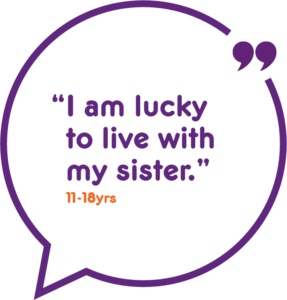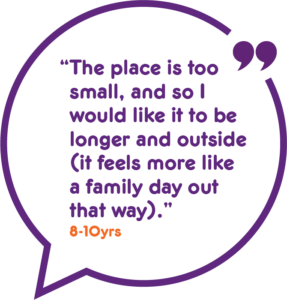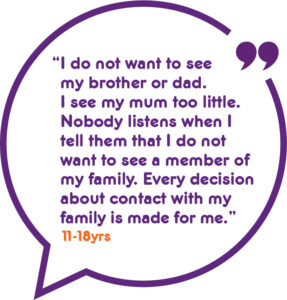Staying connected explores the views and experiences of children in care shared through the Your Life Your Care surveys. It analyses over 7,500 responses and 3,000 comments to questions about spending time with their birth parents, brothers and sisters.
Reports and resources
Lewis, S & Selwyn J. (2022) Staying Connected (Research Report): The views of looked after children and young people on their contact arrangements, Coram Voice and the Rees Centre, University of Oxford
Lewis, S, Selwyn J. & Briheim-Crookall, L. (2022) Staying Connected (Key Findings and Recommendations): The views of looked after children and young people on their contact arrangements, Coram Voice and the Rees Centre, University of Oxford
We have summarised some of the findings and recommendations below. To learn more:
- Watch our video above or read the Key findings and Recommendations to get a quick overview of what the research found and how services might be improved.
- Read the full Research Report to learn more in depth what children and young people said.
- Download the Workshop template and Self-assessment and reflection sheet to explore and review how to address the findings and recommendations in your local area.
In this overview of the research findings – Professor Julie Selwyn and Linda Briheim-Crookall share key messages from the Staying Connected report exploring the views of looked after children on contact with family.
The surveys ask children in care aged 8-18 questions about whether they see their parents, brothers, and sisters frequently enough and gives them the opportunity to write their own comments about how often they have contact.
A team at the Rees Centre, University of OxfordThe Rees Centre produces research evidence to improve policy and practice in the areas of children’s social care and education. Their aim is to improve the education, well-being and life outcomes of those who are, or have been supported by children’s social care services. analysed the findings and our Research Report summarises what they found.
To think about what the findings meant for policy and practice the Bright Spots team organised an online workshop to explore the learning and discuss recommendations with young people, professionals and academics.
The Key findings and Recommendations briefing pulls together some of the key findings from the research and the recommendations from the workshop and includes related questions to help managers, practitioners and other decision makers reflect on what the findings may mean for them.
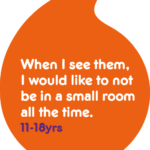


The findings are also summarised below.
To accompany the reports Coram Voice also worked with ANV Ambassadors to create a video that shared care experienced young people’s experiences of what staying connected meant to them.
In Staying Connected – The views of young people our A National Voice Ambassadors shares their experiences of keeping in touch with family and the people who are important to you when you are in care.
What did we find?
Recommendations

Work with all children in care to identify the key relationships in their lives.
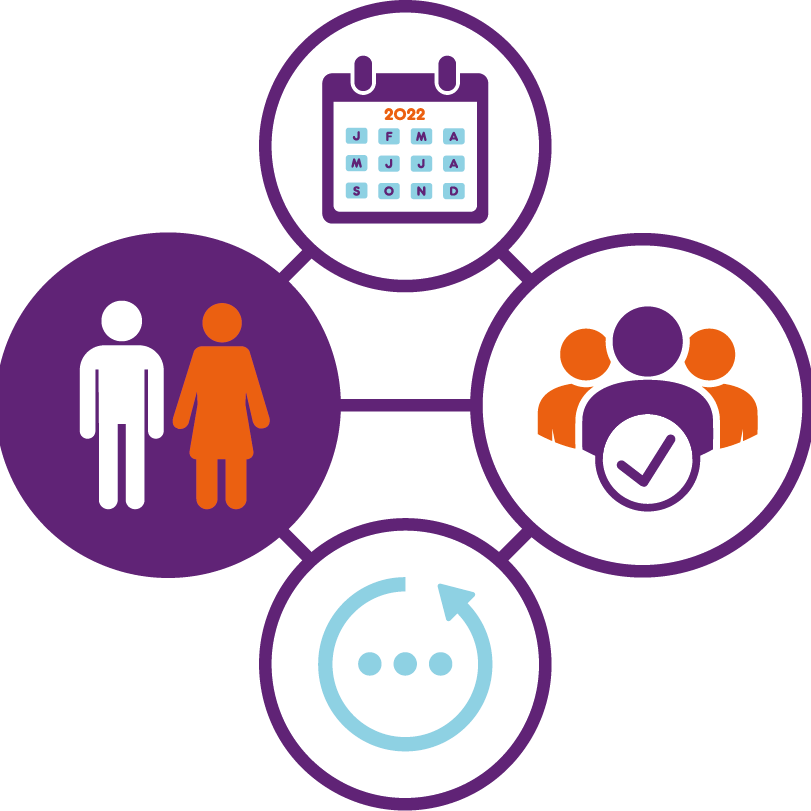
Make arrangements for children and young people to maintain contact, develop relationships and reconnect with people who are important to them.
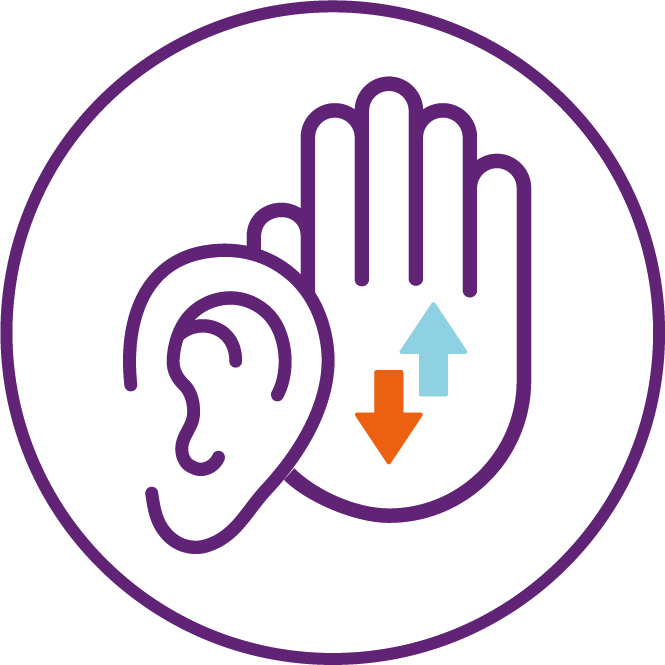
Listen to and involve children and young people in decisions about the arrangements to see and keep in touch with family and others who are important to them.

Keep children in care informed about their families, why they can or cannot see them, and what arrangements have been made for them to spend time together.

Ensure plans are regularly reviewed and reflect the current circumstances, wishes and needs of children and young people and their families.
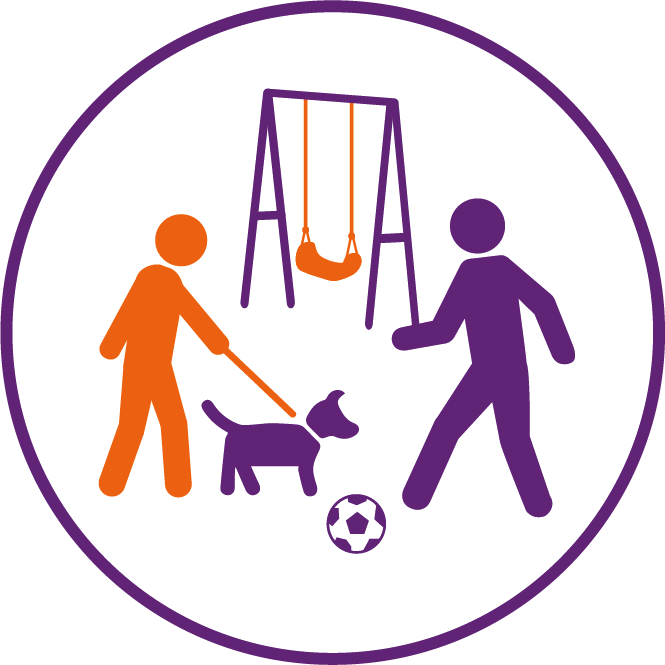
Normalise family time whenever possible, minimising the use of contact centres and supporting children and families to meet in the community.

Make sure the workforce has the skills and knowledge to prioritise and confidently support children in care to stay connected to the people who are important to them.






 Barriers to seeing family included:
Barriers to seeing family included: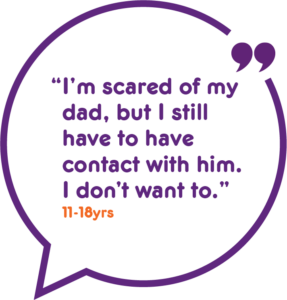
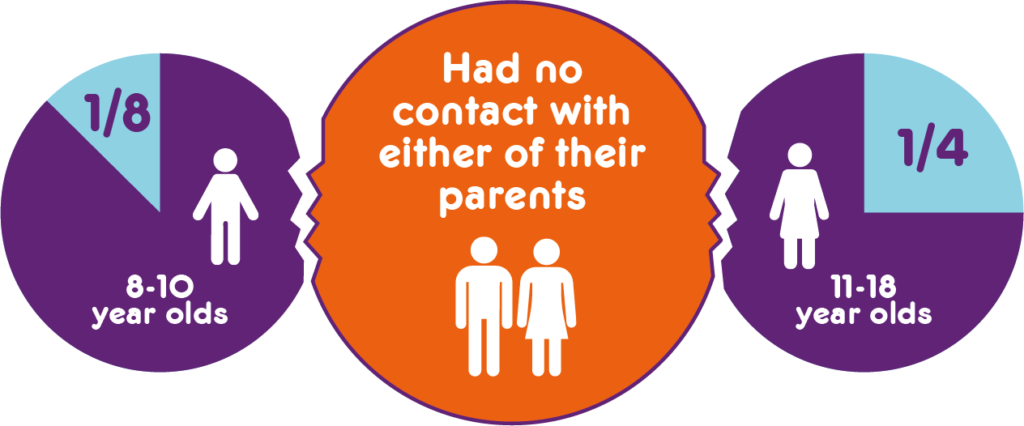 Proportion of children in care with no parental contact[/caption]
Proportion of children in care with no parental contact[/caption]